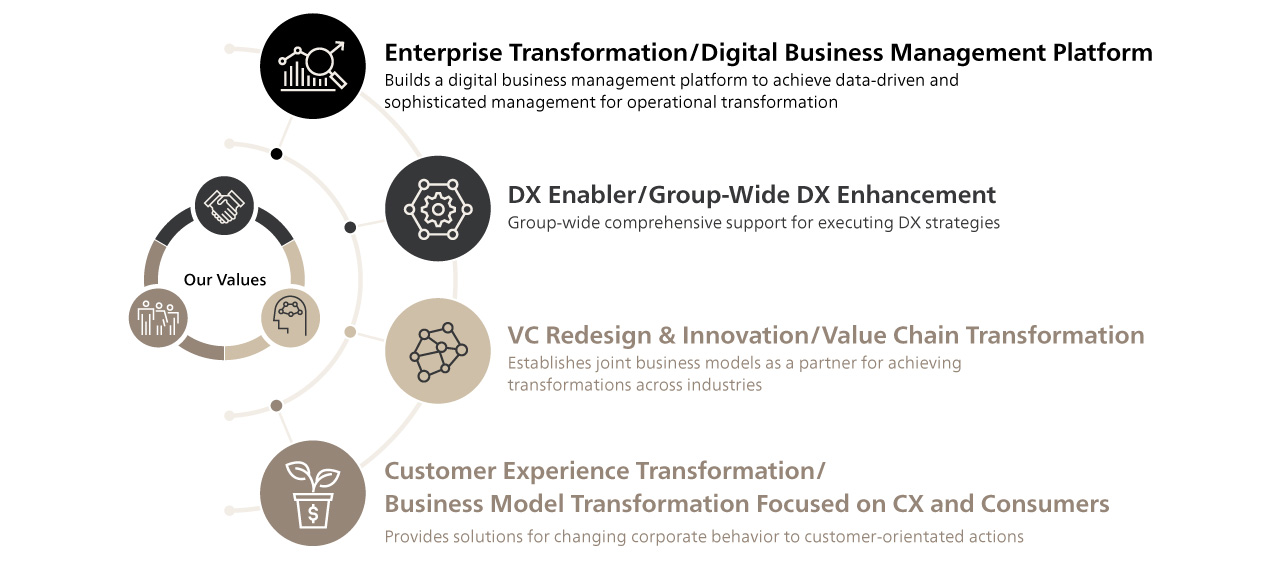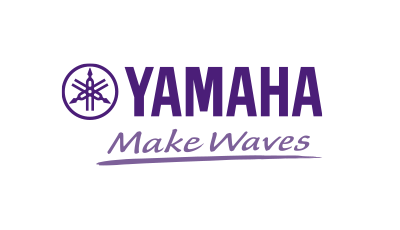The retail industry must create new customer experiences through the proficient use of technology by quickly and accurately understanding market needs and consumer trends and responding to changes in consumer values, lifestyles, and purchasing behaviors (such as during the COVID-19 epidemic).
Retail companies must also accelerate their DX efforts and strive to increase their productivity in response to rising costs (raw materials, energy, salary increases to retain or attract staff, etc.)
Companies must also switch to a sustainable business model to address environmental issues. Non-financial information generated by these initiatives are the basis by which the company is assessed, and they must achieve GX, ESG-orientated management KPIs while being accountable.
ABeam Consulting provides comprehensive support to the retail industry for DX and GX, business reforms, and data-driven business management using non-financial information.











